Birgit Meyer - 16 July, 2025 Buildings, Objects, Blogs, News, Publications
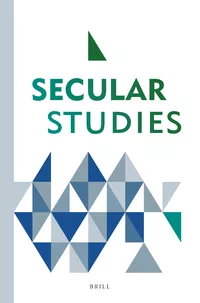
Year of birth: 1960
Current position: Professor of Religious Studies (since 2011)
Past positions: Professor of Cultural Anthropology, VU University Amsterdam (2004-2011)
I am a cultural anthropologist and religious studies scholar. Since the late 1980s, I have done research in Ghana, exploring the implications of converting to Christianity for people’s way of life from a social-cultural perspective. In that context, I have conducted historical and ethnographic research on mission societies and colonialism, on Pentecostalism and capitalism, and on religion and popular culture, focusing particularly on locally produced video-movies in which occult powers play an important role. My core interest concerns the relation between religious conviction, the market, politics, and culture in African societies. Interestingly, in contrast to the frequent association of religion with backwardness and tradition in European societies, in Africa, Pentecostal-charismatic churches and Islamic movements are regarded as ultimate expressions of modernity and development. In addition to working in Ghana, I am also interested in broader conceptual issues in the contemporary study of religion. Over the past years I have directed a number of comparative research projects that are not confined to Africa but also involve other regions, such as the Caribbean, Brazil, and Europe.
In studying religion. I opt for a material approach that takes the actual practices, through which people relate to the divine, the supernatural, and to each other, as a starting point. Rituals, as well as certain objects, images, texts, and the body, play a central role therein. For a long time scholars of religion worked, albeit unconsciously, from a Protestant perspective that privileges belief, doctrines, and inner experience above practices and material objects. This Eurocentric stance is too limited to comprehend the salient diversity of religious forms across the globe. At the core of religion – investigated from the perspective of religious people themselves – is the evocation of a second, transcendent reality presumed to lie behind the tangible world. I approach religion as a practice of mediation through which people seek to build a bridge towards what they perceive as the divine or supernatural. In this sense, religion may well be understood as a medium made and used by humans in order to render another reality, not directly tangible, present, accessible, and experienceable.
In our ever more diverse societies, religion is often subject to tension and conflicts, for instance with regard to the representation and presence of religion in the public domain. Religious ideas and practices have a deep impact on the ways in which people perceive and act in the world, develop bonds with others, and incorporate norms and values, making religion a fascinating starting point for research. I want to understand how certain ideas about an intangible reality are taken for real, how people positions themselves in the world on the basis of such convictions, and how they relate towards others. It would be shortsighted to simply dismiss religion as an illusion. I take religion seriously as a human construction that is tangible in multiple ways and generates a sacred surplus – hence it is perfectly observable from a social-cultural perspective.
Thanks to the Spinoza premium from the NWO and the KNAW Academy Professor Prize, I was able to set up the new research program Religious Matters in an Entangled World, introduced on this website. For more information about this program, see About.
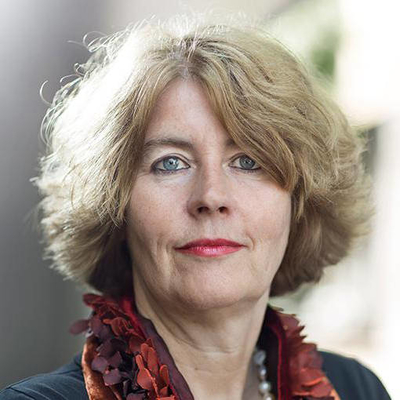
Special Issue
2020 Light Mediations. Co-edited with Jeremy Stolow. Material Religion 16 (1). Open access.
Articles in Journals
2020 Remapping Our Mindset: Towards a Transregional and Pluralistic Outlook. Religion, Special Issue on “The Future of the Study of religion/s”, ed. by Steven Engler and Michael Stausberg, 50 (1): 113-121. Weblink.
2020 Afterword: Comparison in the Anthropological Study of Plural Religious Environments. Social Analysis 64 (1): 133-139. Weblink.
2020 Religion as Mediation. Entangled Religions 11 (3): Weblink.
2020 (with Jeremy Stolow) Light Mediations: Introduction. Material Religion 16 (1): 1-8. Weblink.
Chapters in edited volumes
2020 Afterword. In: Markus Balkenhol, Ernst van den Hemel, and Irende Stengs (eds.), The Secular Sacred. Emotions of Belonging and the Perils of Nation and Religion, London: Palgrave. Fc in June 2020.
2020 Religion und Pandemie. In: Bernd Kortmann & Günther Schulze (eds), Jenseits von Corona. Unsere Welt nach der Pandemie – Perspektiven aus der Wissenschaft. Bielefeld: Transcript. 147-156.

Birgit Meyer - 16 July, 2025 Buildings, Objects, Blogs, News, Publications
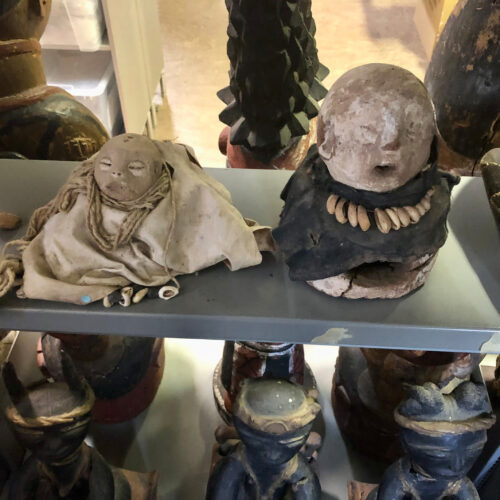
Birgit Meyer - 10 March, 2025 , Publications
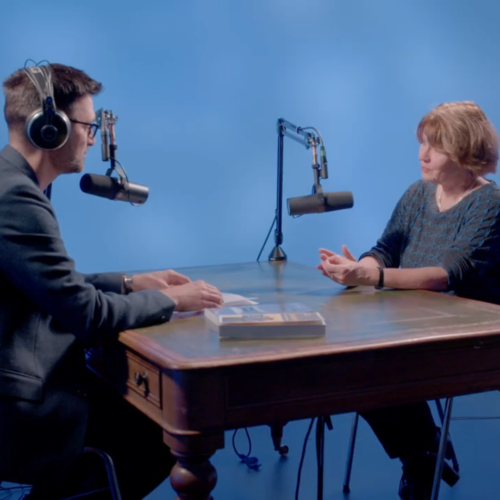
Birgit Meyer - 3 March, 2025 , News, Videos

Birgit Meyer - 8 November, 2023 , Blogs
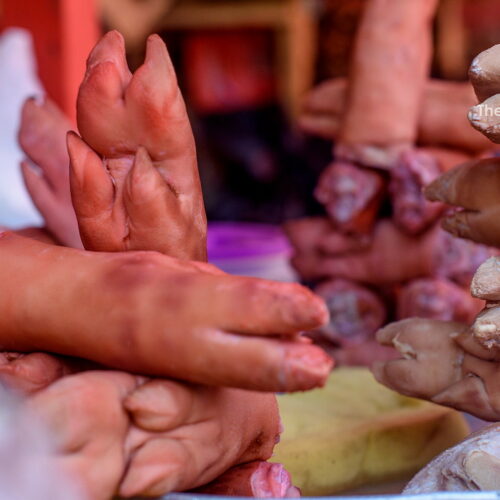
Birgit Meyer - 30 September, 2022 Body, Food, Objects, Publications

NL
Birgit Meyer - 21 December, 2021 Body, Blogs, Publications